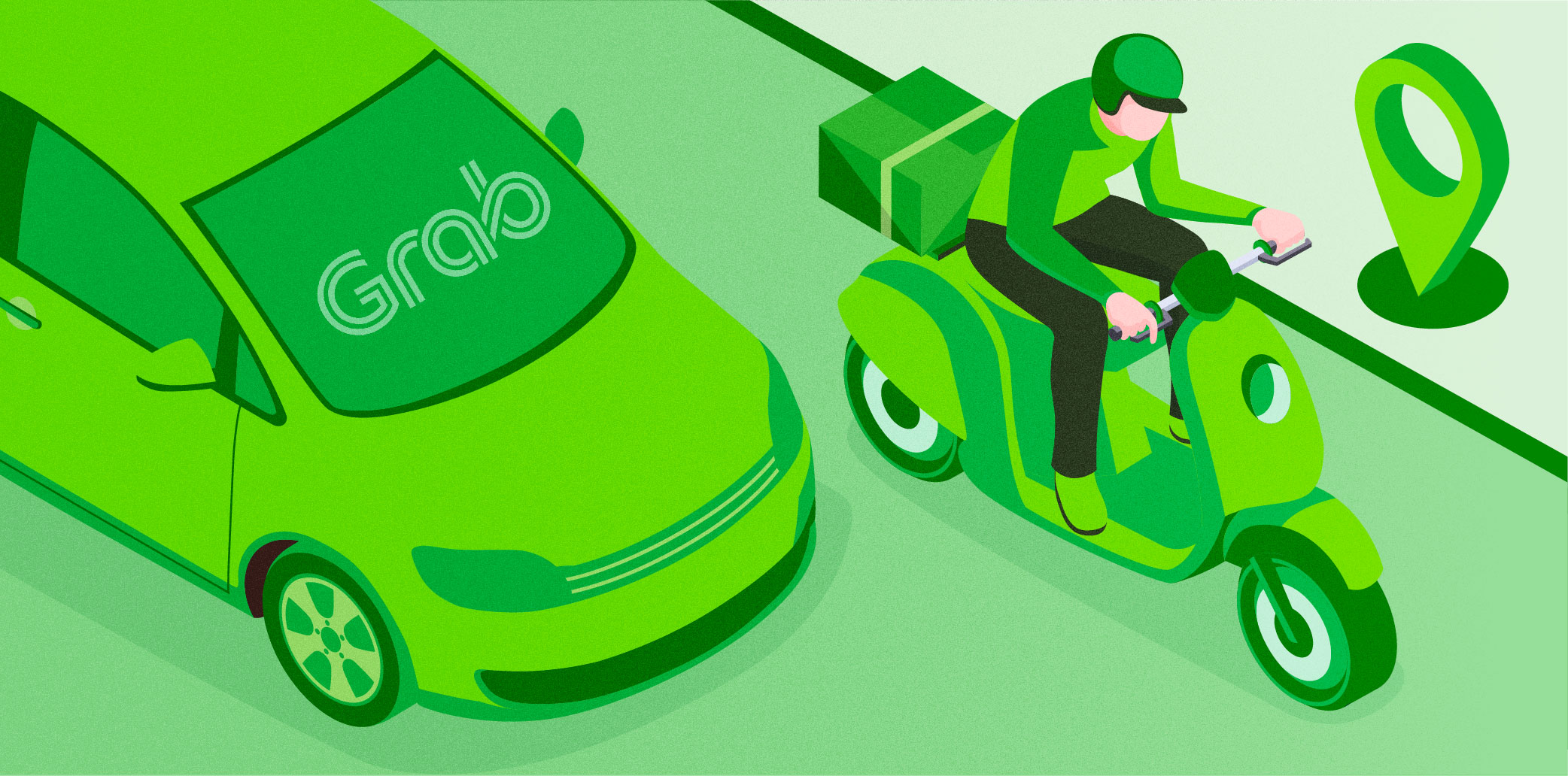The chief food officer for ride-hailing and delivery company Gojek—half of merged super app provider GoTo—is urging restaurants to charge less for smaller meals as a way to help consumers and businesses in Indonesia cope with rising costs.
Indonesia’s inflation rate in September leapt to the highest level in nearly seven years due to surging oil prices. During the month, the government imposed a 30% hike in subsidized fuel prices, leading to thousands of workers taking to the streets of Jakarta and other cities in protest.
On the back of the government hike, Gojek’s food delivery service GoFood is also raising fares. Transportation-related inflation hit 16% last month, while prices for food and beverage services also rose, exceeding 4.5%.
“Inflation is hitting us not just on the fuel prices, which affects the delivery price, but even the food prices,” Catherine Sutjahyo, who runs the company’s GoFood business, told Nikkei Asia in a recent interview. “This is where we take it as a challenge and think of a solution.”
Gojek recently launched an initiative to promote the use of affordable stock-keeping units, or SKUs, to urge restaurants and takeaway meal providers to add smaller-sized items in addition to standard offerings. That reduces prices and also cuts down on food waste.
“We work with merchants who usually give large food portions for sharing, where an individual cannot likely finish the whole thing. We encourage them to break up their portion sizes,” Sutjahyo said.
Amid rising inflation concerns, many manufacturers across the globe are seeing a sharp increase in inventory as consumer demand weakens. “By offering smaller portions to individual consumers, this means lower prices, which helps to grow their user base as well as produce less waste,” Sutjahyo said.
In addition, Gojek also added a new feature that recommends restaurant options for customers within 2 km, meaning they can receive their food orders faster with cheaper delivery fees.
Gojek’s merger with e-commerce company Tokopedia in May 2021 led to the formation of GoTo, part of a wave of local tech unicorns—startups valued at more than USD 1 billion—that has emerged in Southeast Asia in recent years. Others include Indonesia’s Bukalapak, a major e-commerce platform operator.
GoTo said in August it recorded a net loss of IDR 14.17 trillion (USD 925 million) for the first six months of this year, more than doubling from the same period last year. And competition with regional rivals such as Singapore-based Grab and Sea, which are also loss-making, is getting fiercer. GoTo and Grab have been spending on promotions and incentives to attract drivers and customers.
Grab was the leading on-demand food delivery service in Southeast Asia last year with 49% of the market, according to Singaporean consultancy Momentum Works. It was followed by Foodpanda at 22%, and Gojek at 14%. In Indonesia, Grab controls 49% of the market while GoFood has 43%.
Given the global sell-off in tech companies, they have been forced to focus on profitability rather than revenue growth and Gojek’s parent is no exception.
“The name of the game for everyone is profitability, right?” said Sutjahyo, adding that her company needs to be more prudent in offering discounts. “In the past, everyone was using promotions to grow the market, but now we are using a lot of machine learning data to target our promotions better,” she said. “It’s more about learning which users will grow and become loyal users.”
The Southeast Asian food delivery business thrived during the coronavirus pandemic. However, as it subsides and diners begin to venture out again, companies are under pressure to adjust their business models to meet new challenges.
But Sutjahyo is optimistic. “New habits were created during the pandemic. People who previously did not use food delivery started using food delivery. So our business has been doing well. We are continuously expanding our user base through this.”
While tackling food and energy inflation, Gojek is also expanding its fleet of electric vehicles for deliveries.
The company last year established a joint venture with energy group TBS Energi Utama to expand the Southeast Asian country’s EV infrastructure and supply it with greener vehicles.
Amid rising investor pressure to tackle climate change, Gojek in 2021 pledged to achieve net zero emissions by 2030. “That is a super ambitious goal,” Sutjahyo acknowledged. “We feel that it is our responsibility to achieve this goal, but also because we are privileged to be in a position where we can make an impact.”
She pointed out that more than 60% of people under 40 in Indonesia say they will always choose to shop from companies that are focused on sustainability. “For me, it is pleasantly surprising,” she said.
To achieve its zero-emission goal, Gojek holds workshops for its more than 170,000 merchants, most of which are small- or mid-sized businesses. “We teach them how to package food in a safe, practical, and sustainable way,” Sutjahyo said. “We hope to educate the industry, the ecosystem as well, as it takes a lot of willingness and education for everyone to play their part.”
This article first appeared on Nikkei Asia. It has been republished here as part of 36Kr’s ongoing partnership with Nikkei.

